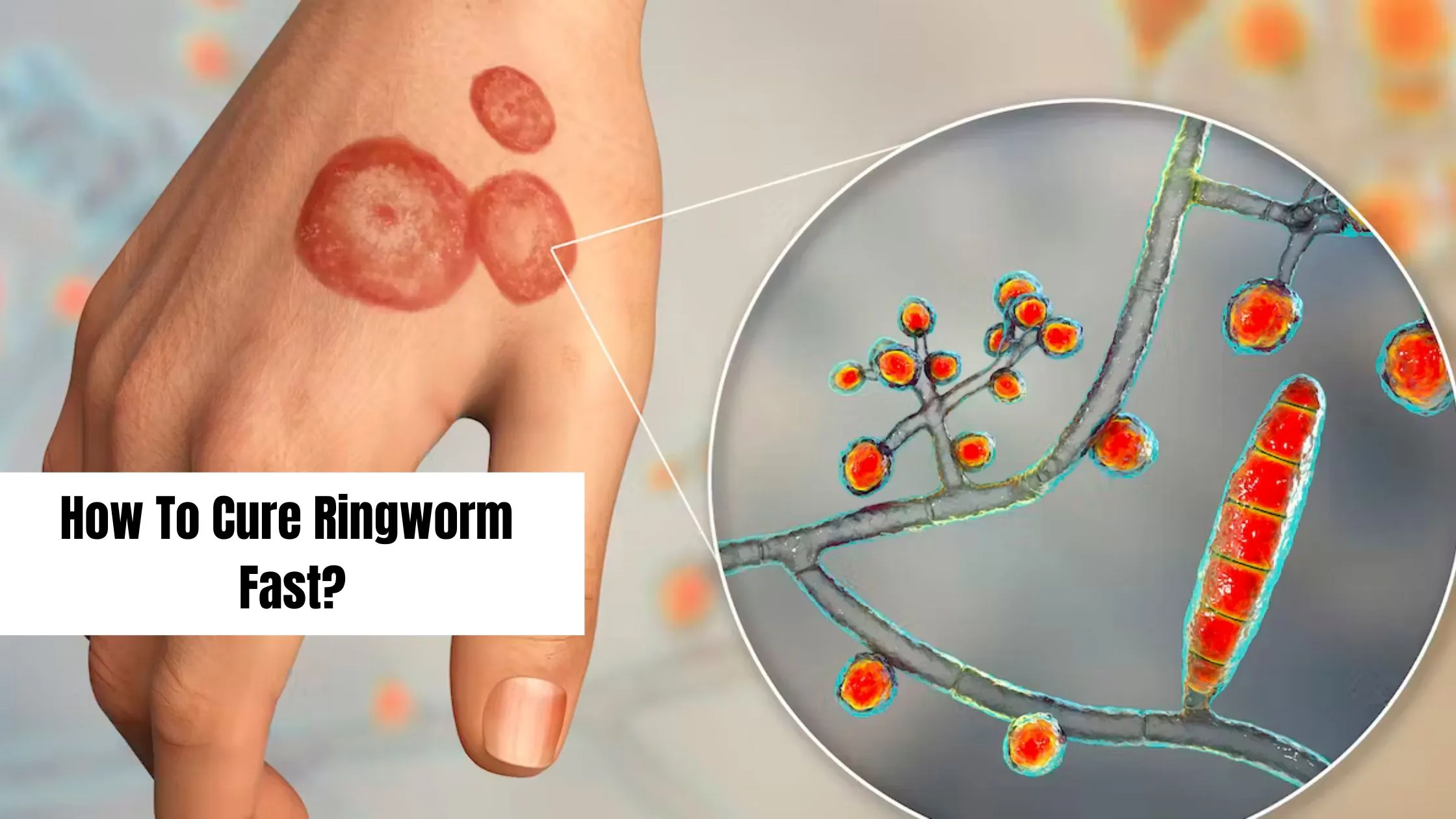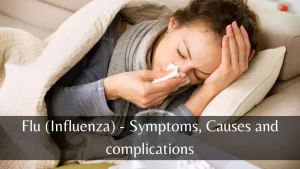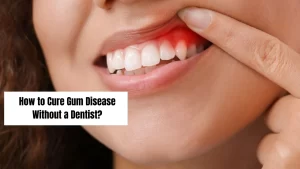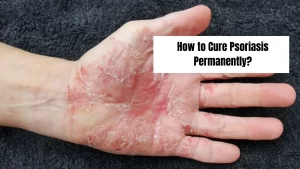
Ringworm is a prevalent fungal infection that impacts the skin, scalp, and nails. Despite its name, it is not caused by a worm but by a specific type of fungus called dermatophytes. This infection is highly transmissible and can spread rapidly among individuals, particularly in crowded or inadequately ventilated environments. It can cause visible discomfort and distress, prompting affected individuals to seek a rapid remedy.
In this article, we will discuss how to cure ringworm fast and some effective ways.
Symptoms
The manifestations of ringworm can differ based on the affected area. The typical symptoms of ringworm encompass the following:
- Development of a circular, red, scaly, and pruritic rash
- Presence of a raised, red border surrounding the rash
- Formation of blisters or sores filled with pus on the skin
- Scaling or flaking of the skin
- Hair loss on the scalp
- Thickened, discolored, or fragile nails.
Causes
Ringworm is the result of an infection caused by dermatophytes, a type of fungus. These fungi flourish in warm and moist surroundings, and they infect the skin, scalp, and nails upon contact with human skin. Several common factors contribute to the spread of ringworm, including:
Contact with infected animals: Ringworm often spreads from animals to humans, particularly cats.
Sharing personal belongings: Sharing items like towels, brushes, combs, and other personal items with an individual who has ringworm can also transmit the infection.
Inadequate hygiene: Poor hygiene practices, such as infrequent handwashing, can heighten the risk of contracting ringworm.
Warm and moist environments: Dermatophytes thrive in warm and moist environments like locker rooms, swimming pools, and communal showers, thereby increasing the likelihood of developing ringworm.
How to cure ringworm fast
To effectively and swiftly treat ringworm, follow these steps:
- Antifungal Creams: Utilize OTC creams like clotrimazole or terbinafine. Apply twice daily, following the instructions.
- Maintain Hygiene: Keep the infected area clean and dry to hinder the fungus’s growth.
- Avoid Spreading: Prevent sharing personal items like towels and clothing to contain the infection.
- Hydrocortisone Cream: For itchiness and inflammation, use hydrocortisone cream sparingly.
- Natural Remedies: Tea tree oil and aloe vera have antifungal properties; apply cautiously.
- Consult a Doctor: If symptoms persist beyond a week of self-treatment or worsen, seek medical advice.
Remember, consistent and appropriate treatment, coupled with good hygiene, accelerates the healing process.
Risk Factors
Certain factors can heighten the likelihood of developing ringworm, including:
Age: Children have a higher susceptibility to ringworm due to their ongoing immune system development.
Poor hygiene: Inadequate hygiene practices, like irregular handwashing, can elevate the risk of ringworm.
Exposure to infected animals: Individuals who frequently interact with animals, such as farmers and pet owners, face an increased risk of ringworm.
Weakened immune system: Those with a compromised immune system, such as individuals living with HIV/AIDS, are at a higher risk of developing ringworm.
Skin injuries: Skin injuries, such as cuts and scrapes, create favorable conditions for fungal infection to occur.
Treatment
Here are some common treatment options for ringworm:
Antifungal Creams or Ointments: Over-the-counter antifungal creams or ointments, such as clotrimazole, terbinafine, or miconazole, can be applied directly to the affected area. Follow the instructions provided and continue using the medication for the recommended duration, even if the symptoms improve.
Prescription-Strength Medications: In some cases, stronger prescription antifungal medications may be necessary if the infection is severe or does not respond to over-the-counter treatments. These may include oral antifungal medications like griseofulvin, terbinafine, or itraconazole.
Oral Antifungal Medications: If the infection is widespread or affects the scalp or nails, oral antifungal medications may be prescribed to treat the infection from within the body. These medications are taken orally and require a prescr犀利士
iption from a healthcare professional.
Antifungal Shampoos: For scalp ringworm (tinea capitis), medicated shampoos containing antifungal agents like ketoconazole or selenium sulfide may be recommended. These shampoos should be used as directed and left on the scalp for a few minutes before rinsing.
Good Hygiene Practices: Practicing good hygiene is crucial to prevent the spread and recurrence of ringworm. This includes regularly washing and drying the affected area, using clean towels and clothing, and avoiding sharing personal items.
Ringworm home remedies
Some of the most effective home remedies for ringworm are:
- Tea tree oil
- Garlic
- Apple cider vinegar
- Coconut oil
- Turmeric
- Oregano oil
- Neem oil
- Lemon juice
Preventive measures:
- Keep the affected area clean and dry.
- Avoid sharing personal items.
- Wear loose clothing.
- Avoid scratching.
When To See A Doctor?
Seeking the guidance of a dermatologist is crucial if your symptoms persist or worsen despite attempting home remedies, or if you have a weakened immune system, diabetes, or any other underlying health condition that increases the risk of complications. A dermatologist will diagnose the infection accurately and recommend the most suitable treatment, which may involve prescription antifungal medication.
Conclusion
In conclusion,how to cure ringworm fast prompt and effective ringworm treatment involves diligent care and targeted remedies. By using antifungal creams, maintaining cleanliness, and refraining from sharing personal items, you can hasten recovery. Natural alternatives like tea tree oil and aloe vera can complement the process. If the infection persists or worsens, consulting a healthcare professional is essential. Swift action combined with proper hygiene is the key to swiftly overcoming ringworm and preventing its spread.
FAQ
Q1: What is a ringworm?
Ans: Ringworm is a fungal infection that affects the skin, scalp, or nails.
Q2: How is ringworm transmitted?
Ans: Ringworm can be transmitted through direct contact with an infected person or animal, or by sharing contaminated items.
Q3: What are the common symptoms of ringworm?
Ans: Common symptoms include red, itchy, and circular rashes, raised borders, blisters, scaling/flaking of skin, hair loss, and thickened nails.
Q4: Can ringworm be treated at home?
Ans: Home remedies like antifungal creams, tea tree oil, and good hygiene practices can help treat mild cases of ringworm.
Q5: When should I see a doctor for ringworm?
Ans: Consult a doctor if symptoms worsen, persist, or if you have a weakened immune system or underlying health conditions.





